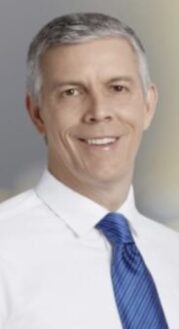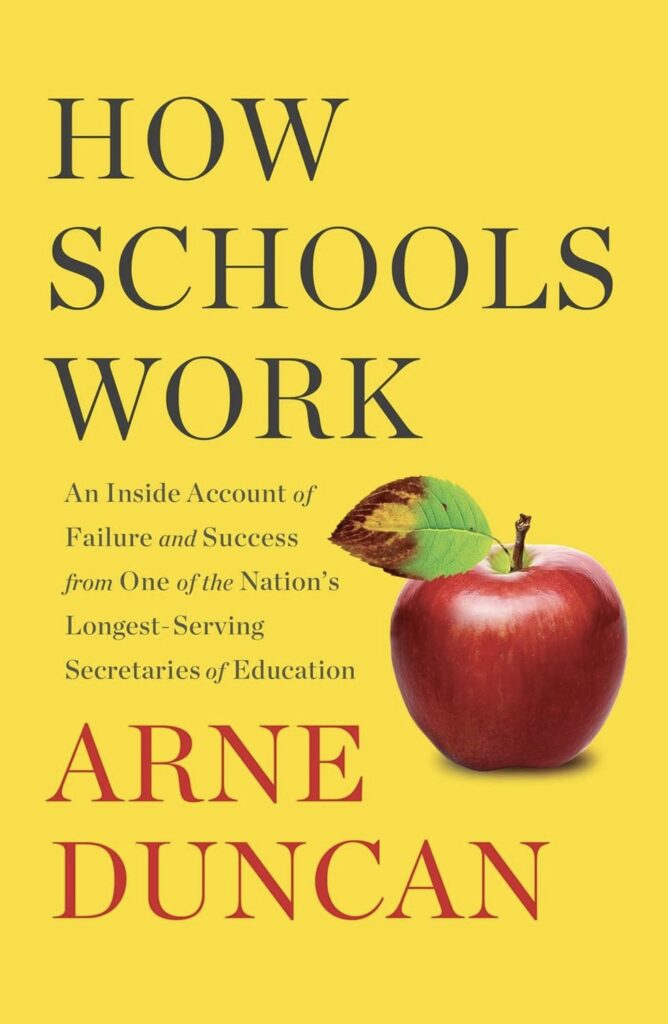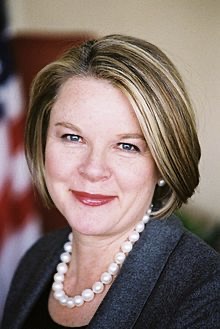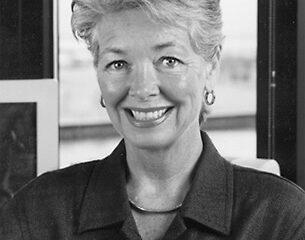


April 10, 7:00 pm
UWM at Waukesha, 1500 N. University Drive, Waukesha
Lunt-Fontanne Theatre
“Can America’s Public Schools and Colleges be Fixed?“ Perspectives from Former U.S. Secretaries of Education and authors, Arne Duncan and Margaret Spellings. Hosted by UWM at Waukesha and sponsored by the Tommy G. Thompson Center on Public Leadership
Arne Duncan and Margaret Spellings both served as U.S. Secretaries of Education. Duncan was the ninth U.S. Secretary of Education from 2009 to 2015 under President Barack Obama. Spellings was the eighth U.S. Secretary of Education from 2005 to 2009 under President George W. Bush.
ARNE DUNCAN
Duncan was one of the longest serving members of President Barack Obama’s cabinet and among the most influential Secretaries of Education in history. He has spent nearly three decades across all levels of education, from his mother’s afterschool program on Chicago’s Southside to CEO of the Chicago Public Schools.
Duncan’s tenure as U.S. Secretary of Education was marked by several significant accomplishments on behalf of American students and teachers. He helped to secure congressional support for President Obama’s investments in education, including the American Recovery and Reinvestment Act’s that funded 325,000 teaching jobs, increases in Pell grants, reform efforts such as Race to the Top and Investing in Innovation, and interventions in low-performing schools. Additionally, he helped secure additional funds to avoid teacher layoffs; the elimination of student loan subsidies to banks; and a national competition for early learning programs. The department also focused billions of dollars to transform struggling schools, prompting nearly 1,000 low-performing schools nationwide to recruit new staff, adopt new teaching methods, and add learning time. He led new efforts to encourage labor and management to work together as never before.
Since his tenure as Secretary, Duncan is managing partner at Chicago’s Emerson Collective where his mission is to improve the lives of young adults by creating job and life opportunities for disconnected youth between the ages of 17 and 24.
Prior to joining the Obama Administration, Duncan served as chief executive officer of Chicago Public Schools. From 2001 to 2008, he won praise for uniting the city’s stakeholders behind an education agenda that included opening 100 new schools; expanding after-school, summer learning, early childhood, and college access programs; dramatically boosting the caliber of teachers; and building public-private partnerships around a variety of education initiatives. Duncan serves on the boards of: Ariel Capital Management; Aspen Institute; Communities in Schools; Lucas Museum; My Brother’s Keeper Alliance; National Association of Basketball Coaches; Pluralsight; Revolution Foods; Thrive-Chicago; and Catapult Learning, LLC. He also serves as Co-chair of the Knight Commission on Intercollegiate Athletics. Duncan graduated magna cum laude from Harvard University in 1987, where he served as co-captain of the basketball team and was named a first team Academic All-American. He had a career as a professional basketball player before beginning his work in education.
His book, How Schools Work follows Arne (as he insists you call him) as he takes on challenges at every turn: gangbangers in Chicago housing projects, parents who call him racist, teachers who insist they can’t help poor kids, unions that refuse to modernize, Tea Partiers who call him an autocrat, affluent white progressive moms who hate yearly tests, and even the NRA, which once labeled Arne the “most extreme anti-gun member of President Obama’s Cabinet.” Going to a child’s funeral every couple of weeks, as he did when he worked in Chicago, will do that to a person, he writes.
MARGARET SPELLINGS
Margaret Spellings was sworn in as the second woman to be U.S. Secretary of Education in January 2005. As the first mother of school-aged children to serve as Education Secretary, Spellings had a special appreciation for the hopes and concerns of American families.
She earned a Bachelor of Arts degree in political science from the University of Houston in 1979 and worked in an education reform commission under Texas Governor William P. Clements and as associate executive director for the Texas Association of School Boards. Before her appointment to George W. Bush’s presidential administration, Spellings was the political director for Bush’s first gubernatorial campaign in 1994, and later became a senior advisor to Bush during his Texas governorship from 1995 to 2000.
In September 2005, Spellings announced the formation of the Secretary of Education’s Commission on the Future of Higher Education, which has also been referred to as the Spellings Commission. The commission was charged with recommending a national strategy for reforming post-secondary education, with a particular focus on how well colleges and universities were preparing students for the 21st-century workplace. Controversial recommendations included a call for colleges and universities to focus on training students for the workforce and supporting research with commercial applications.
It had a secondary focus on how well high schools were preparing students for post-secondary education. Spellings described the work of the commission as a natural extension into higher education of the reforms carried out under No Child Left Behind, and is quoted as saying: “It’s time we turn this elephant around and upside down and take a look at it.”
After leaving her role as Secretary of Education, she founded Margaret Spellings & Company, an education consulting firm in Washington, D.C. She was a senior advisor to the Boston Consulting Group and the U.S. Chamber of Commerce. Spellings is currently co-chair of the Future of Tech Commission alongside Jim Steyer of Common Sense Media, an organization that focuses on technology and privacy policy. She also served as President of the University of North Carolina (UNC).
Her book, Tips for Helping Students Recovering from Traumatic Events, was published after hurricanes had battered the East Coast. This handbook, which is based on discussions with some three dozen experts who work with students, provides practical information for parents and students who are coping with the aftermath of a natural disaster, as well as teachers, coaches, school administrators and others who are helping those affected. Although the focus is on natural disasters, these tips may apply to other traumas students may experience.
